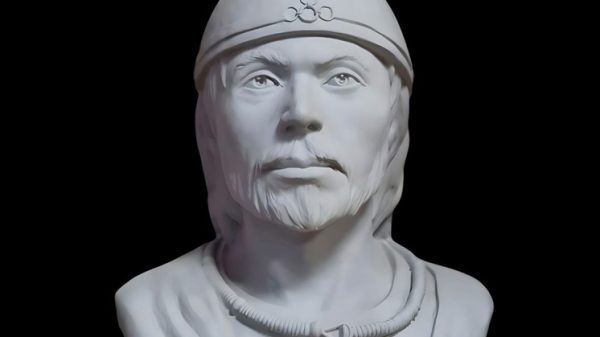 Mr Kataria says his bets brought the bank almost €2 million
Mr Kataria says his bets brought the bank almost €2 million
A SocGen spokesman said: “Our strict control system allowed «We have identified a single trading incident in 2023 that had no impact and resulted in appropriate remedial action being taken.» He declined to comment on Kataria's LinkedIn post.
Traders buy and sell financial assets to try to make a profit for the bank. Despite the complex math, some of the best traders rely on intuition and tolerance for losing money to ultimately make a profit.
Traders are given goals, but they often have considerable discretion in how they invest the bank's money, although lenders have risk departments monitoring trades.
Mr Kataria bet on the Indian stock market using a series of derivatives trades that SocGen's risk managers missed due to a glitch in the system, Bloomberg reported.
Although the bank avoided it. Any losses could theoretically cost SocGen hundreds of millions of dollars.
In his post, Mr Kataria said the bets ran for four months and generated almost €2 million (£1.7 million) for the bank.
He said: “I had no intention of hiding these [sic] transactions from anyone. Only people make mistakes, and I accept my mistake.”
Fraudsters have the ability to blow up banks. Nick Leeson sank Barings Bank in 1995 after making reckless trades that cost the bank more than $200 million (£160 million).
Bruno Iksil, a JP Morgan trader nicknamed the “London Whale,” also made big bets in 2012 that cost the bank $6 billion.
SocGen lost €4.9 billion in 2007 due to bets made by fraudulent trader Jérôme Kerviel, who also worked for the Delta One unit.























































Свежие комментарии